In this highly saturated market, businesses across all industries are grappling with the challenges of staying relevant and competitive. Where the traditional one-size-fits-all approach to digital transformation seems almost inefficient in the current dynamics.
However, this digital transformation is so impactful that it has the potential to add about $11 trillion to the global economy by 2025. (Source: McKinsey Global Institute)
So, to truly thrive in the digital age businesses must opt for a tailored strategy to their specific industry and target audience. And, how can they do that?
Well, in this read, I will navigate you through a unique digital approach along with how you can implement it effectively.
Let’s start!
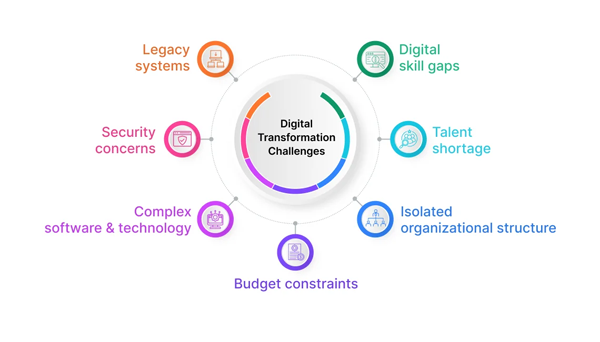
Every business sector grapples with its own set of challenges that impact how it should market and deliver its products or services online. So, here take a look at a few of the sector-specific examples:
A standard digital marketing strategy that overlooks these nuances can hinder a business’s ability to connect effectively with its audience. Thus, acknowledging and understanding these sector-specific challenges is the first step toward crafting meaningful digital marketing strategies.
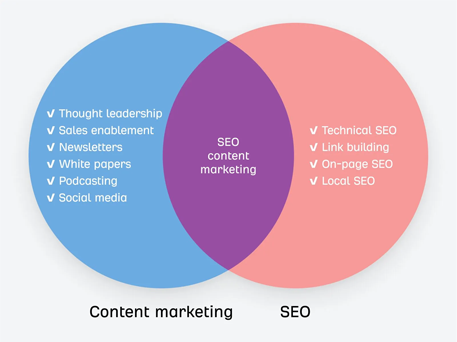
In any digital strategy, search engine optimization (SEO) and content marketing stands at the top of the hierarchy. It carefully plans your online presence, regardless of the sector. However, how these tools are put into practice can vary a great deal depending on the industry
The healthcare sector, for instance, often focuses on long-tail keywords related to specific medical concerns, while travel agencies might prioritize location-based keywords to capture destination-specific searches.
Developing high-quality and informative content is an imperative approach, especially one that effectively addresses the audience’s questions and concerns. This is particularly important in sectors like education, where institutions might offer resources like webinars and e-books to potential students. Partnering with a digital marketing agency Wilmington NC can further help craft and promote such content to reach the right audience effectively.
Meanwhile, companies like Total Medical Design can develop tailored online resources that speak directly to their audience’s needs, demonstrating industry expertise and authority in a crowded online marketplace. By creating niche content, attracting and retaining a dedicated audience becomes significantly easier.
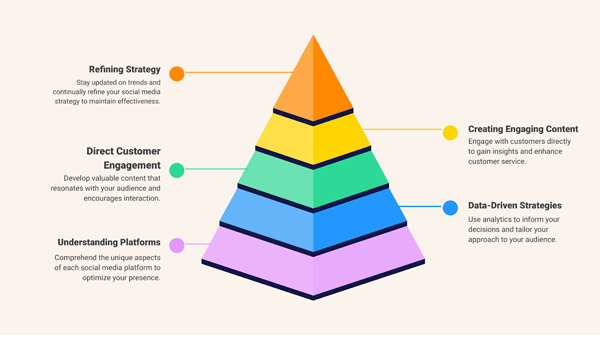
Social media platforms offer businesses a unique opportunity to connect with their audience. Nevertheless, the most effective social media strategy varies by industry.
So, if we look at the fashion industry, businesses like TikTok Shop and Temu thrive on visually appealing content and influencer marketing to reach style-conscious consumers. While, on the other hand, the B2B sector often finds success in LinkedIn engagement, focusing on professional connections and showcasing industry insights.
Understanding which platforms resonate most with your audience is crucial for maximizing outreach. An effective approach might involve analyzing competitors and industry leaders to glean insights regarding what works on different platforms and adopting those strategies while infusing your unique brand voice.
Engaging with followers, responding to comments, and creating shareable content fosters community and loyalty, thereby enhancing brand presence.
Beyond social media platforms, many businesses are now turning to automated presentation tools. But, when choosing a platform for professional outreach, it is essential to evaluate various WebinarJam alternatives to find a solution with the best features. The right selection ensures that your digital communication remains seamless and highly converting across all industries.
Did You Know?
According to McKinsey Global Institute, a staggering 79% of businesses have accelerated their digital transformation efforts due to the COVID-19 pandemic.
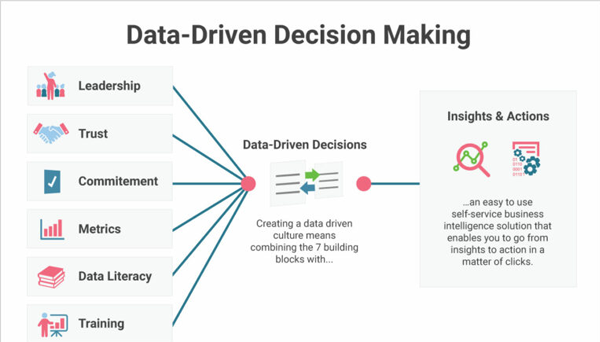
As businesses navigate through the digital landscape, employing a data-driven mindset allows them to make informed decisions and pivot strategies effectively when necessary.
Collecting and analyzing data related to customer interactions, sales, and website traffic informs businesses about what is working and what is not. This data is invaluable in revealing trends and informing adjustments to marketing tactics.
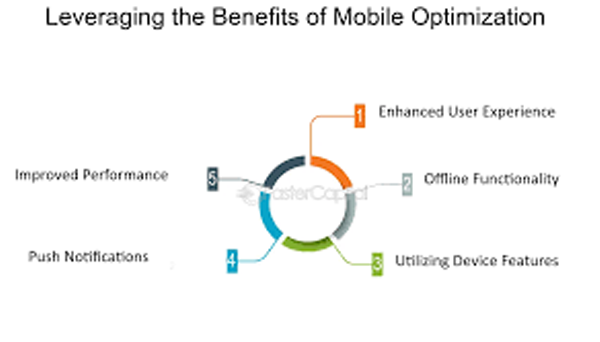
With the growing prevalence of mobile usage, every business sector must guarantee that digital platforms are mobile-friendly. Mobile optimization involves ensuring that websites and applications function seamlessly across various mobile devices, providing an excellent user experience.
Industries like e-commerce, where users often shop via smartphones, are especially reliant on mobile optimization for accessibility and conversion.
However, sectors like education and healthcare also benefit from mobile-friendly solutions. For instance, students should be able to access learning material comfortably on their devices, and healthcare services must provide functionalities for patients to manage appointments on the go.
Prioritizing mobile optimization and key elements of UX in websites not only enhances user experience but also positively impacts search engine ranking and website bounce rates.

The digital landscape is dynamic, with trends surfacing and evolving over time. Businesses must remain alert and flexible, adapting their strategies to incorporate emerging tech trends.
So, to successfully leverage the latest trends in the market, businesses must need a deep understanding of the current tools and also how consumers are reacting to these innovations. This can help businesses stay relevant in their respective field, appealing to an audience eager for fresh and exciting digital experiences.
By crafting a unique business approach for their specific business needs, companies can navigate the digital landscape with confidence and success.
